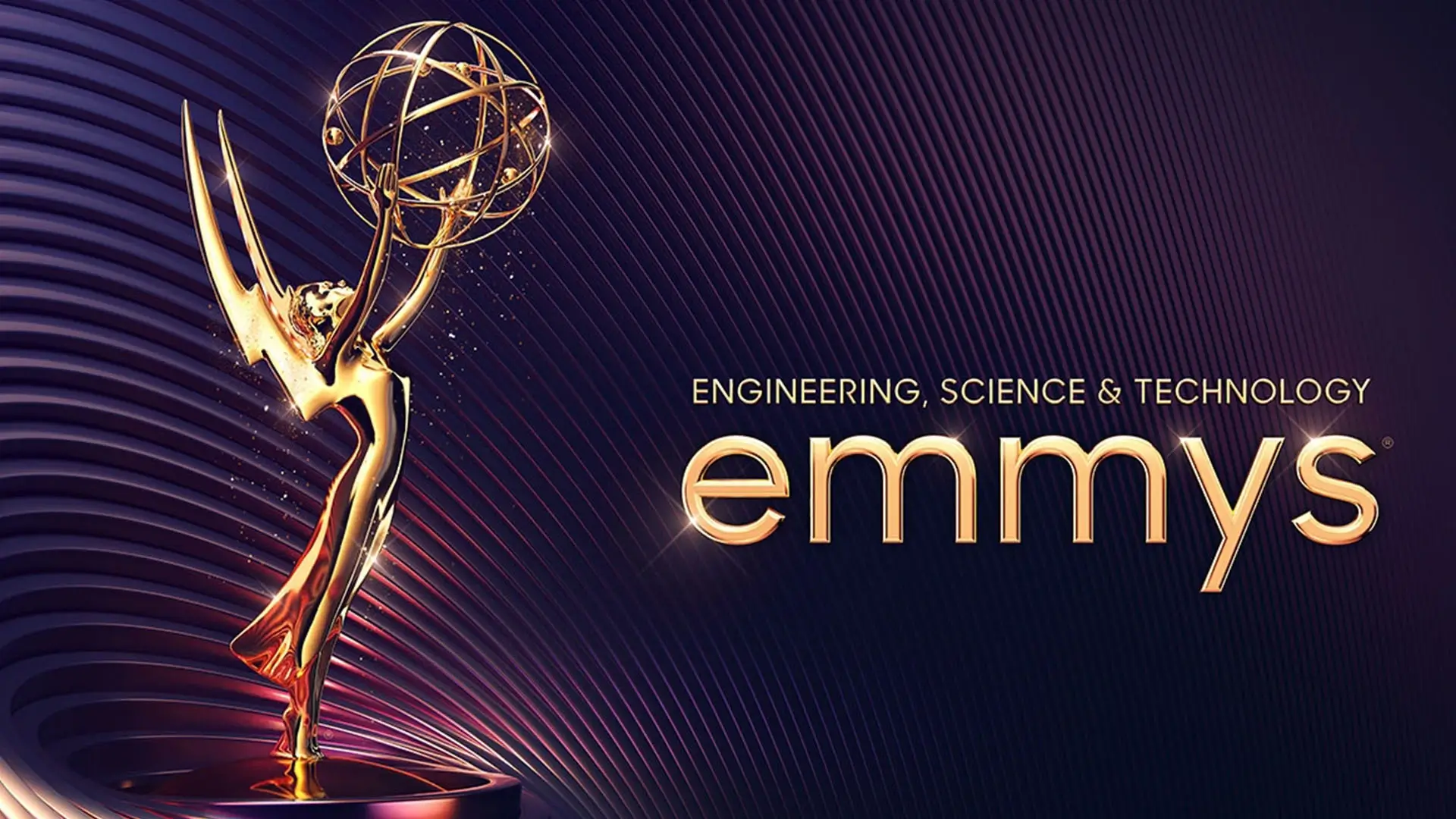The Television Academy today announced the recipients of the 74th Engineering, Science & Technology Emmy Awards honoring an individual, company or organization for developments in broadcast technology.
Kirsten Vangsness, who starred for 15 seasons on the critically acclaimed CBS drama Criminal Minds and is starring in the upcoming 16th season of the series for Paramount+, returns to host the awards for the seventh consecutive year on Wednesday, Sept. 28, 2022.
“Innovation is a vital part of television production; and the talented engineers, scientists and technologists we have recognized are essential to the growth of our industry,” said Frank Scherma, chairman and CEO of the Television Academy. “These pioneering companies and visionaries have leveraged the power of technology to elevate television and storytelling in fundamental ways.”
“Earlier this year the Academy formed the Science & Technology Peer Group representing members who are involved in the strategy and development of technologies that enable or advance the storytelling process for the television industry,” said Committee Chair John Leverence. “Under the leadership of the new peer group’s governors and co-chairs Wendy Aylsworth and Barry Zegel, this year’s newly constituted Engineering Emmy Awards Committee honors a wide range of innovative solutions to once seemingly intractable technical problems.”
The Engineering, Science & Technology Emmys are made possible by Television Academy sponsors Kia America, FIJI Water, Franciacorta, JUSTIN Vineyards & Winery, Ketel One Vodka, PEOPLE and United Airlines.
The following is a list of awards and recipients to be recognized:
The Charles F. Jenkins Lifetime Achievement Award
Honors a living individual whose ongoing contributions have significantly affected the state of television technology and engineering.
Recipient: Dr. Paul E. Debevec
Paul Debevec is awarded the 2022 Charles F. Jenkins Lifetime Achievement Award for his groundbreaking work in high dynamic range imaging, image-based lighting and photogrammetry, essential techniques used in computer graphics for VFX and Virtual Production.
Debevec’s pioneering work makes it possible to record and reproduce the light of real scenes to illuminate virtual scenes and vice versa.
High dynamic range imagery is a mainstay of computer graphics and combined with image-based lighting, has enabled realistic integration of existing live-action lighting in computer-rendered images. These tools and concepts are now a standard within the VFX industry for rendering. The concepts and the innovative use of LED lighting Paul pioneered with the Light Stage have further laid the groundwork for the use of LED lighting in virtual production, which has seen a rapid growth as a tool for lighting actors on virtual stages.
